Industry information
Company News
- Fluorocarbon aluminum veneer: the fashion darling of the construction industry
- Fluorocarbon aluminum veneer: the environmentally friendly new favorite of future architectural aesthetics
- Aluminum alloy air conditioning cover: the guardian of coolness in summer
- Aluminum veneer: a new favorite in the construction industry, what is its charm?
- Aluminum veneer customization, creating a new trend of personalized home furnishings!
Industry dynamics
- What is the acoustic performance of fluorocarbon aluminum veneer?
- Fluorocarbon aluminum veneer: a perfect fusion of fashion and durability
- Aluminum veneer: the fashionable outerwear of modern architecture
- Aluminum alloy air conditioning cover, the guardian of coolness in summer!
- Aluminum veneer: the 'hidden hero' of modern architecture
Frequently asked questions
- What is the production process of aluminum veneer?
- What is the environmental performance of aluminum veneer?
- What is the wind pressure resistance performance of aluminum veneer?
- What are the manufacturers of aluminum veneer and how to choose?
- What is the price of aluminum veneer?
contact us
Mobile:+86 15627778610
Email: 2201229786
Address: No. 5 Binjiang Road, High tech Zone, Zhaoqing City, Guangdong Province
What is the insulation performance of aluminum veneer?
- Author: Xinlongtai Aluminum Industry (Guangdong) Co., Ltd
- Release time: 2022-03-04 09:38:06
- Click:0
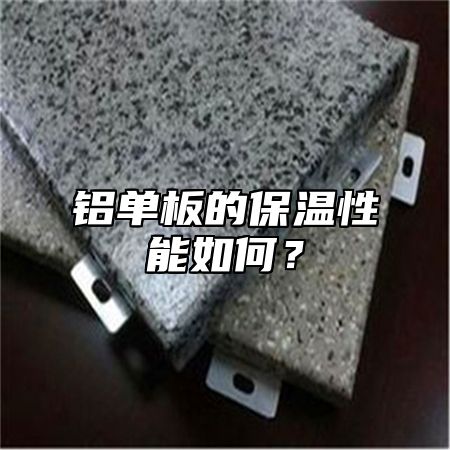
Aluminum veneer is a common building material with advantages such as lightweight, corrosion resistance, and easy processing. In addition to these characteristics, aluminum veneer also has certain insulation properties. Let's introduce them in detail below.
1、 Low thermal conductivity coefficient
The thermal conductivity coefficient of aluminum veneer is relatively low, generally between 0.12-0.20 W/(m · K). This means that aluminum veneer can effectively prevent heat transfer, thereby achieving a certain insulation effect. In contrast, traditional brick walls and concrete walls have higher thermal conductivity and poorer insulation effects.
2、 Surface treatment layer enhances insulation performance
In order to further improve the insulation performance of aluminum veneer, special treatment is usually carried out on its surface. For example, during the anodizing process, a hard oxide film can be formed to enhance the hardness and wear resistance of the aluminum veneer surface, while also improving its insulation performance. Surface treatment methods such as spraying and electrophoretic coating can also enhance the insulation performance of aluminum veneer.
3、 The influence of thickness on insulation performance
The thickness of aluminum veneer is also an important factor affecting its insulation performance. Generally speaking, the thicker the aluminum veneer, the better its insulation performance. However, excessive thickness of aluminum veneer will increase the weight and cost of the building, so the selection needs to be based on the actual situation.
4、 Use insulation strips to enhance the insulation effect
When using aluminum veneer for building exterior wall decoration, insulation strips can also be added inside the aluminum veneer to enhance its insulation effect. Insulation strips are usually made of polyamide fibers or glass fibers, which have good insulation and fire resistance properties. By embedding insulation strips into aluminum veneers, heat transfer can be effectively prevented, thereby improving the overall insulation performance of the building.
5、 Widely applicable
Due to its good insulation performance and lightweight characteristics, aluminum veneer is widely used in fields such as exterior wall decoration and roof covering. For example, in some cold regions or high energy consuming buildings, aluminum veneer can be used as the main insulation material; In some high-end residential communities, aluminum veneer can also be used as exterior wall decoration material, which can not only provide insulation, but also enhance the overall grade and taste of the building.
Aluminum veneer has certain insulation properties, which can be enhanced by surface treatment layers, thickness, insulation strips, and other methods to improve its insulation effect. With the increasing demand for energy conservation and environmental protection, the application prospects of aluminum veneer will be even broader.

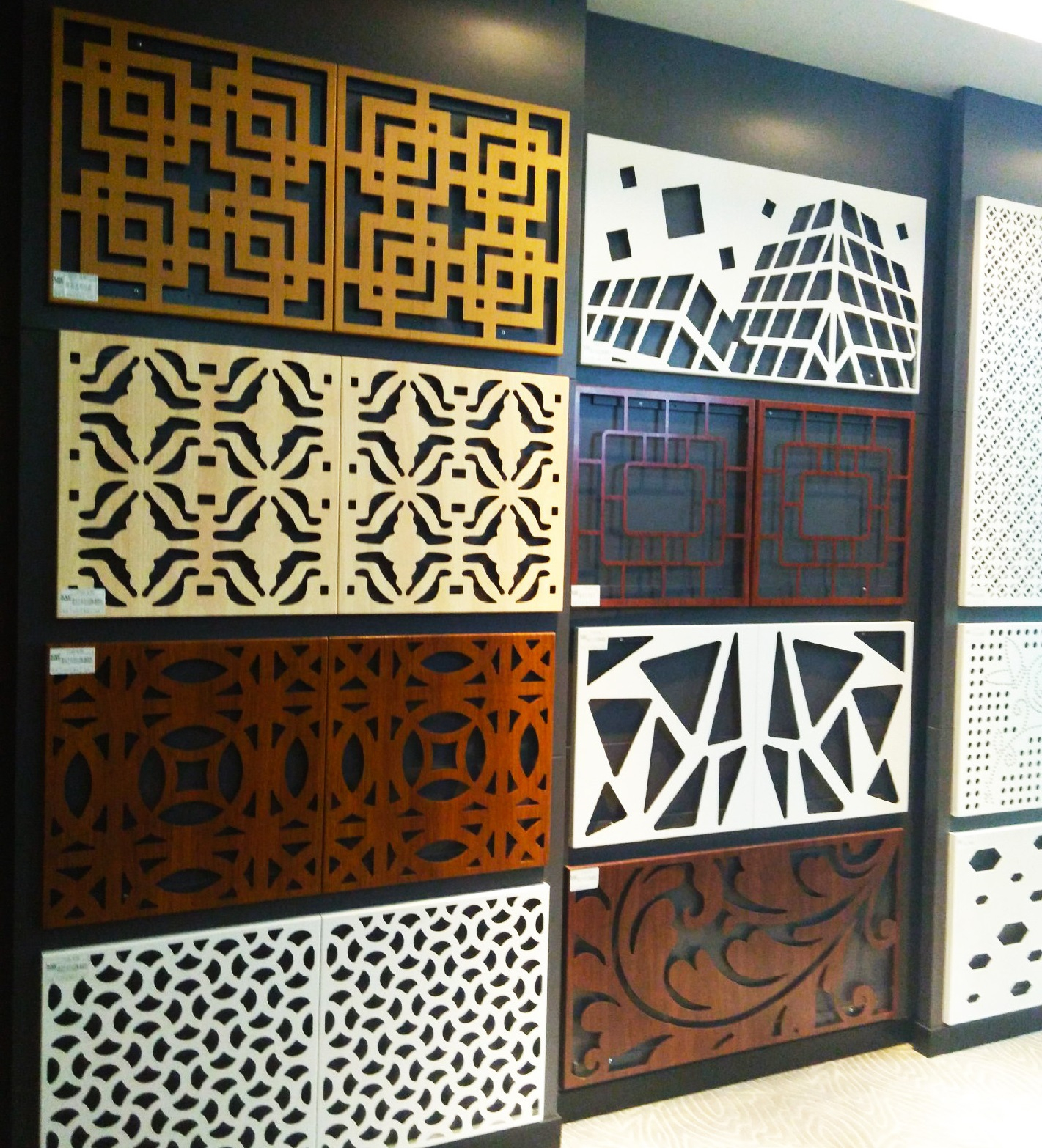
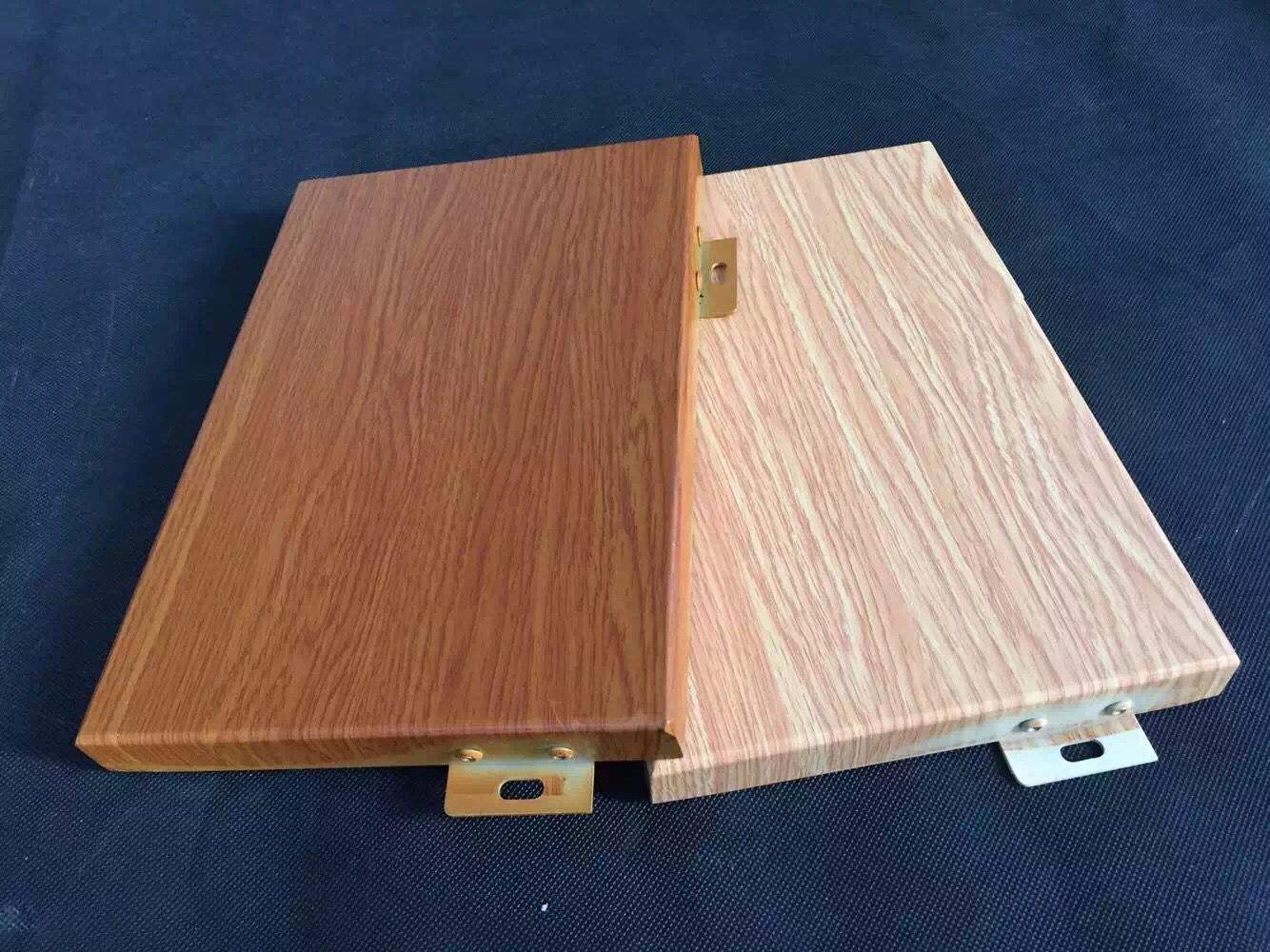
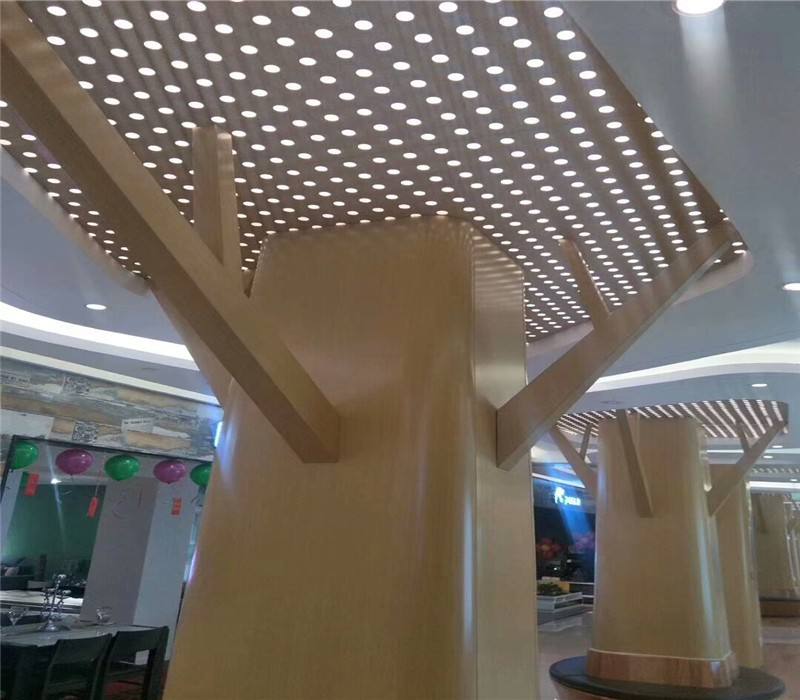
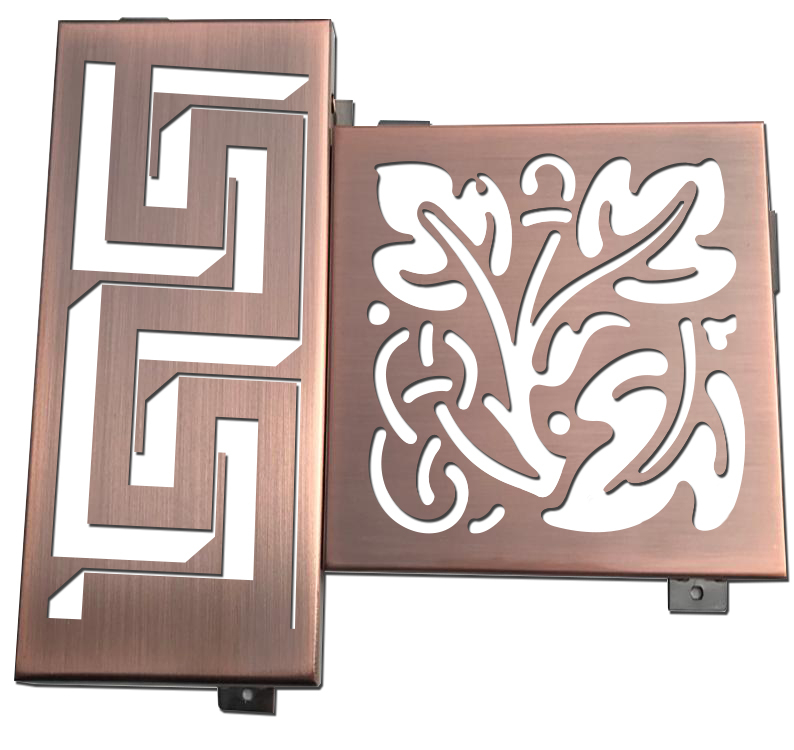
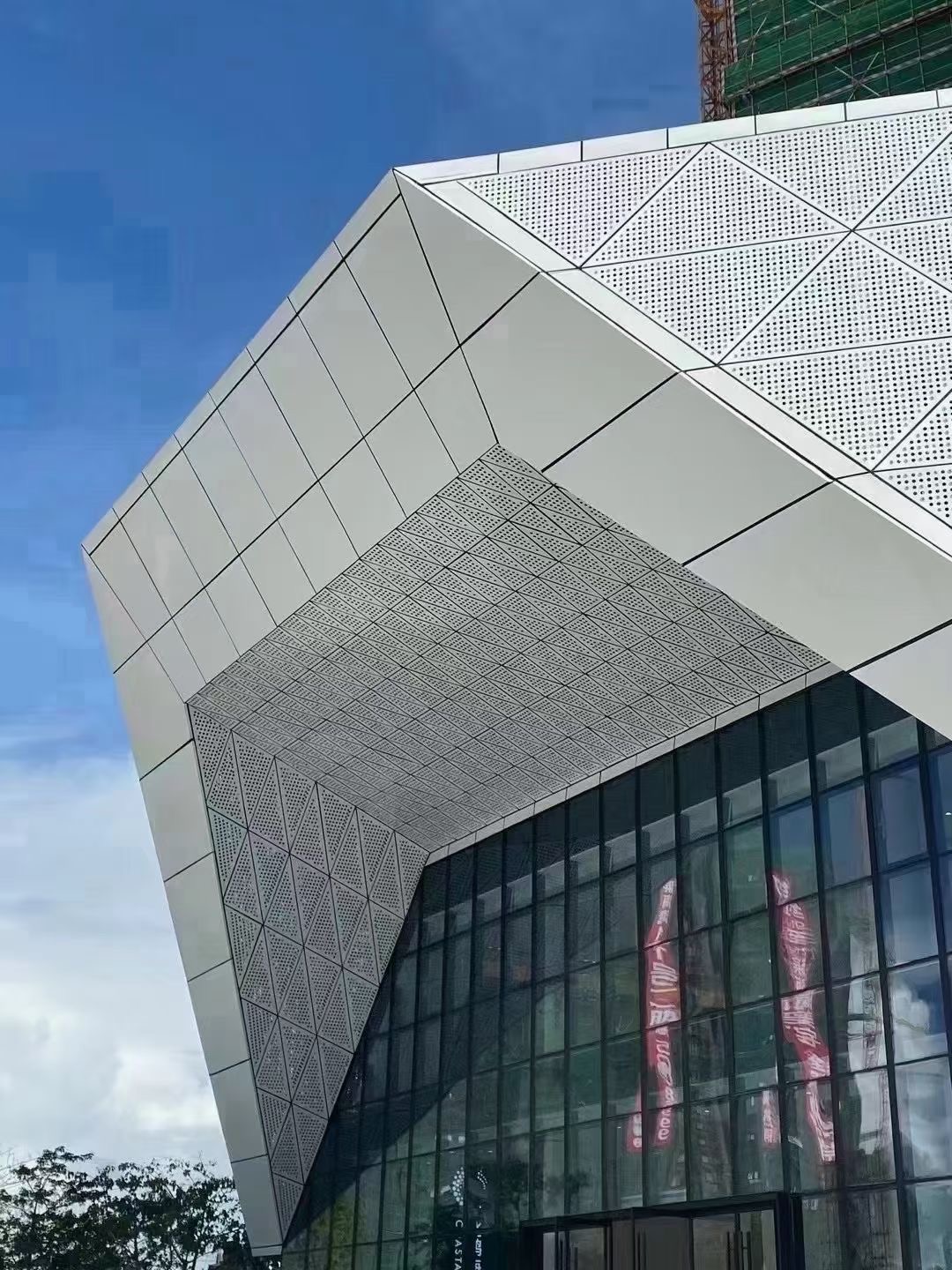
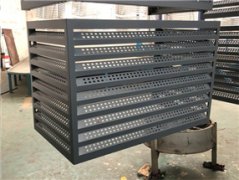
 Customer service QQ
Customer service QQ